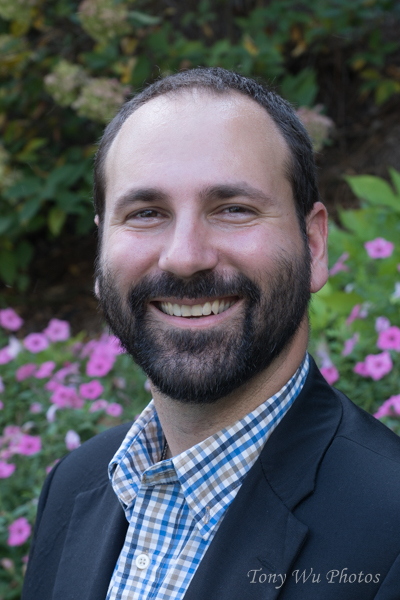
As we see the first hints of snow and begin preparations for another long winter here in East Lansing, we often look to those that have already completed the program. To celebrate those who successfully battled these harsh East Lansing winters, we would like to highlight one of our alumni: Dr. Nicholas V. Passalacqua.
Dr. Passalacqua, or Dr. P. as his students know him now, had a long history at Michigan State University. Originally from Michigan, he completed his undergraduate degree in Anthropology here before returning to earn his doctorate. In the interim, he earned a Master of Science from Mercyhurst University in Erie, Pennsylvania. Following the completion of his doctorate, Dr. Passalacqua was hired as a Deploying Forensic Anthropologist at the Defense POW/MIA Accounting Agency at Joint Base Hickam, Hawaii, where he toiled for three years. Currently, Dr. Passalacqua is a faculty member at Western Carolina University, where he is charged with teaching a series of undergraduate courses in both general anthropology and forensic anthropology.
Dr. Passalacqua first became interested in forensic anthropology during his time as an undergraduate student at MSU. He started off as a psychology major, but quickly switched gears after taking an Integrative Studies in Social Science (ISS) course taught by Dr. Todd Fenton. Dr. Passalacqua took this class well before the ‘Bones’ television show hit syndication and well before the current rise in popularity of the subfield – it was Dr. Fenton’s introduction to forensic anthropology, and the case study examples he provided, that drew Dr. Passalacqua to the field. After discovering his passion for the field, Dr. Passalacqua reached out to graduate student, Mary Megyesi, who advised him to take the summer short courses offered by Mercyhurst University. Dr. Passalacqua notes that it was these experiences that led him to pursue a career in forensic anthropology, and to apply to Mercyhurst’s master’s program.
While his research interests during graduate school centered on the estimation of age-at-death, skeletal trauma, taphonomy, and skeletal health indicators, Dr. Passalacqua has since shifted his focus to ethics and professionalism in forensic anthropology. Some questions he would like to answer include: what education or training makes someone qualified to practice forensic anthropology? What impact do forensic anthropology faculty have on enrollment or number of majors in their anthropology programs? How much do forensic anthropologists get paid and what kinds of factors affect their salaries? Many of Dr. Passalacqua’s recent presentations and posters have addressed these questions and concerns.
When asked how his time working with the MSUFAL impacted his career, Dr. Passalacqua responded that his time here provided invaluable experience teaching and mentoring undergraduate students. Furthermore, he gained a crucial understanding on large, grant-funded research projects. Those projects also allowed Dr. Passalacqua to work with cross-disciplinary researchers, which he still thinks back on fondly. Altogether his time with the MSUFAL helped to diversify and professionalize his attitudes about teaching, research, and service.
When asked if he add any advice for students interested in pursuing forensic anthropology, Dr. Passalacqua responded:
“Work hard to get good grades and engage with your professors. This will help you get good letters of recommendation and be competitive for grad school applications. If you dream it, you can be it – I really do believe that it’s not always the ‘smartest,’ but actually the most dedicated students (and professionals) who are the most successful”.
While Dr. Passalacqua misses East Lansing, and the accessible and diverse restaurant options, he does not miss the long, cold winters (in this, I think we all agree). However, his time with the MSUFAL gave him invaluable experiences that he still pulls from for current research endeavors. The four-field anthropological approach and the long discussions he shared with scholars within and outside the field on the nature of their work and academic experiences at MSU, generated unforgettable memories and a lifetime of gratitude.
Leave a Reply